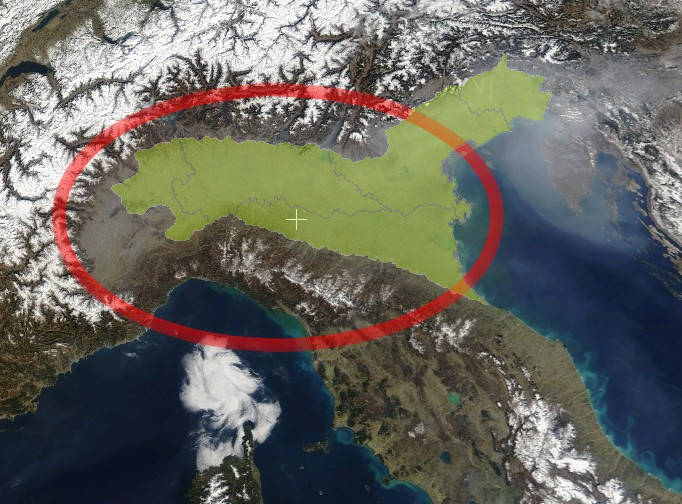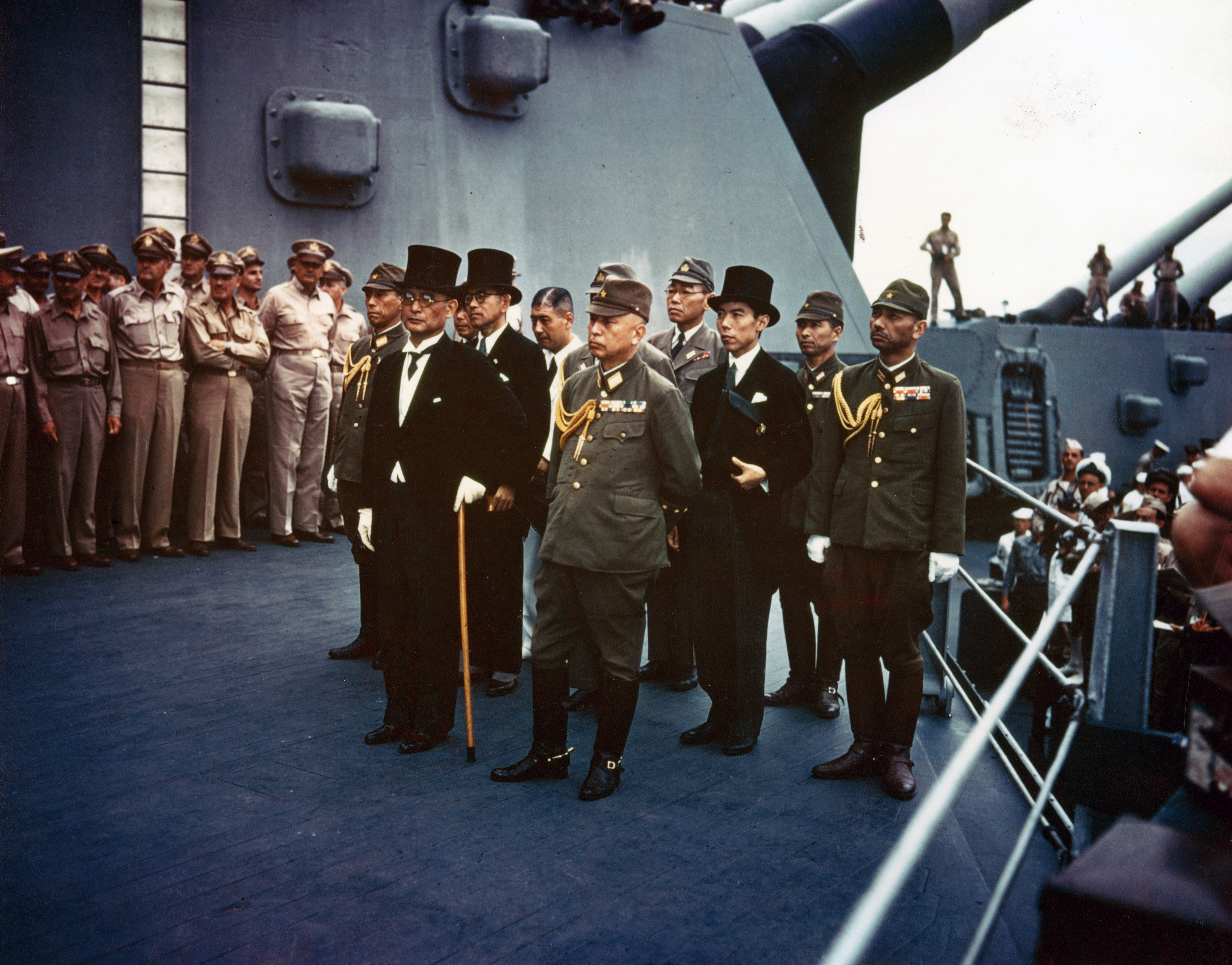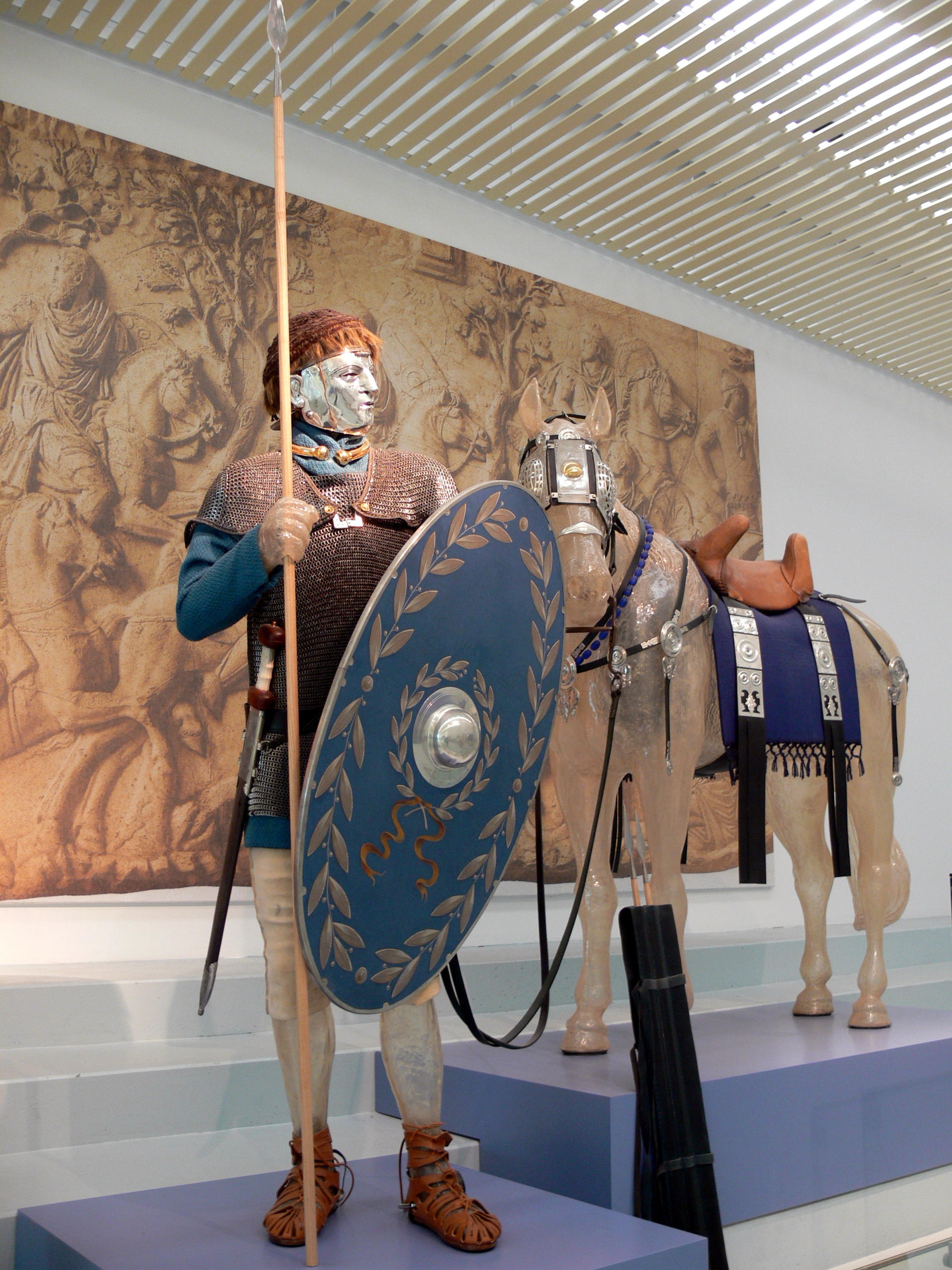|
Battle Of Clastidium
The Battle of Clastidium was fought in 222 BC between a Roman Republican army led by the Roman consul Marcus Claudius Marcellus and the Insubres, a Celtic people in northern Italy. Florus writes that the Insubres were led by Viridomarus, Florus. Epitome of Roman History, Book 1.1 or Britomartus, as the name varies in translation. The Romans won the battle, and in the process, Marcellus earned the ''spolia opima'', one of the highest honors in ancient Rome, by killing the king in single combat. It was also notable as one of the few battles won by the Roman cavalry without any aid by the legions. Background After the successful campaign of consuls Publius Furius Philus and Gaius Flaminius in 223 BC against the Insubres, the latter sent out ambassadors begging for peace to the Roman senate. The new consuls Marcus Claudius Marcellus and Gnaeus Cornelius Scipio Calvus however strongly urged that no peace should be granted to them. On meeting with a refusal, the Insubres decided to fi ... [...More Info...] [...Related Items...] OR: [Wikipedia] [Google] [Baidu] |
Clastidium
Clastidium (modern Casteggio), was a village of the Ligurian tribe of Anamares (Marici named also) in Gallia Cispadana, on the Via Postumia, 5 miles east of Iria (modern Voghera) and 31 miles west of Placentia. Here in 222 BC, Marcus Claudius Marcellus defeated the Gauls and won the ''spolia opima''; in 218 BC, Hannibal took it and its stores of grain by treachery. It never had an independent government, and not later than 190 BC was made part of the colony of Placentia, founded in 218 BC. In the Augustan division of Italy, however, Placentia belonged to the 8th region, ''Aemilia'', whereas Iria certainly, and Clastidium possibly, belonged to the 9th region, ''Liguria'' (see Theodor Mommsen Christian Matthias Theodor Mommsen (; 30 November 1817 – 1 November 1903) was a German classical scholar, historian, jurist, journalist, politician and archaeologist. He is widely regarded as one of the greatest classicists of the 19th cent ... in ''Corp. Inscrip. Lat.'' vol. v. Be ... [...More Info...] [...Related Items...] OR: [Wikipedia] [Google] [Baidu] |
Consul
Consul (abbrev. ''cos.''; Latin plural ''consules'') was the title of one of the two chief magistrates of the Roman Republic, and subsequently also an important title under the Roman Empire. The title was used in other European city-states through antiquity and the Middle Ages, in particular in the Republics of Genoa and Pisa, then revived in modern states, notably in the First French Republic. The related adjective is consular, from the Latin ''consularis''. This usage contrasts with modern terminology, where a consul is a type of diplomat. Roman consul A consul held the highest elected political office of the Roman Republic (509 to 27 BC), and ancient Romans considered the consulship the highest level of the ''cursus honorum'' (an ascending sequence of public offices to which politicians aspired). Consuls were elected to office and held power for one year. There were always two consuls in power at any time. Other uses in antiquity Private sphere It was not uncommon for an ... [...More Info...] [...Related Items...] OR: [Wikipedia] [Google] [Baidu] |
Roman Republican Governors Of Gaul
Roman Republican governors of Gaul were assigned to the province of Cisalpine Gaul ( northern Italy) or to Transalpine Gaul, the Mediterranean region of present-day France also called the Narbonensis, though the latter term is sometimes reserved for a more strictly defined area administered from Narbonne (ancient Narbo). Latin ''Gallia'' can also refer in this period to greater Gaul independent of Roman control, covering the remainder of France, Belgium, and parts of the Netherlands and Switzerland, often distinguished as Gallia Comata and including regions also known as Celtica (Κελτική in Strabo and other Greek sources), Aquitania, Belgica, and Armorica (Brittany). To the Romans, ''Gallia'' was a vast and vague geographical entity distinguished by predominately Celtic inhabitants, with "Celticity" a matter of culture as much as speaking ''gallice'' ("in Celtic"). The Latin word ''provincia'' (plural ''provinciae'') originally referred to a task assigned to an offic ... [...More Info...] [...Related Items...] OR: [Wikipedia] [Google] [Baidu] |
Po Valley
The Po Valley, Po Plain, Plain of the Po, or Padan Plain ( it, Pianura Padana , or ''Val Padana'') is a major geographical feature of Northern Italy. It extends approximately in an east-west direction, with an area of including its Venetic extension not actually related to the Po river basin; it runs from the Western Alps to the Adriatic Sea. The flatlands of Veneto and Friuli are often considered apart since they do not drain into the Po, but they effectively combine into an unbroken plain, making it the largest in Southern Europe. It has a population of 17 million, or a third of Italy's total population. The plain is the surface of an in-filled system of ancient canyons (the "Apennine Foredeep") extending from the Apennines in the south to the Alps in the north, including the northern Adriatic. In addition to the Po and its affluents, the contemporary surface may be considered to include the Savio, Lamone and Reno to the south, and the Adige, Brenta, Piave and Tagliamen ... [...More Info...] [...Related Items...] OR: [Wikipedia] [Google] [Baidu] |
Unconditional Surrender
An unconditional surrender is a surrender in which no guarantees are given to the surrendering party. It is often demanded with the threat of complete destruction, extermination or annihilation. In modern times, unconditional surrenders most often include guarantees provided by international law. Announcing that only unconditional surrender is acceptable puts psychological pressure on a weaker adversary, but it may also prolong hostilities. Examples Banu Qurayza during Muhammad's era After the Battle of the Trench, in which the Muslims tactically overcame their opponents while suffering very few casualties, efforts to defeat the Muslims failed, and Islam became influential in the region. As a consequence, the Muslim army besieged the neighbourhood of the Banu Qurayza tribe, leading to their unconditional surrender.Watt, ''Muhammad: Prophet and Statesman'', pp. 167–174. All the men, apart from a few who converted to Islam, were executed, while the women and children were ... [...More Info...] [...Related Items...] OR: [Wikipedia] [Google] [Baidu] |
Mediolanum
Mediolanum, the ancient city where Milan now stands, was originally an Insubrian city, but afterwards became an important Roman city in northern Italy. The city was settled by the Insubres around 600 BC, conquered by the Romans in 222 BC, and developed into a key centre of Western Christianity and informal capital of the Western Roman Empire. It declined under the ravages of the Gothic War, its capture by the Lombards in 569, and their decision to make Ticinum the capital of their Kingdom of Italy. During the Principate the population was 40,000 in AD 200; when the city became capital of the Western Roman Empire under emperor Maximian (r. 286–305), the population rose to 100,000 people and thus Milan became one of the largest cities in Roman Italy. History Mediolanum appears to have been founded around 390 BC by the Celtic Insubres, after whom this region of northern Italy was called Insubria. According to the legend reported by Livy, the Gaulish king Ambicatus sent his ... [...More Info...] [...Related Items...] OR: [Wikipedia] [Google] [Baidu] |
Hasta (spear)
''Hasta'' (plural: ''hastae'') is a Latin word meaning "spear". ''Hastae'' were carried by early Roman legionaries, in particular they were carried by and gave their name to those Roman soldiers known as ''hastati''. However, during republican times, the ''hastati'' were re-armed with ''pila'' and '' gladii'' and the ''hasta'' was only retained by the ''triarii''. Unlike the ''pilum'', ''verutum'' and '' lancea'', the ''hasta'' was not thrown, but used for thrusting. Description A ''hasta'' was about in length, with a shaft generally made from ash, while the head was of iron. Symbolic usage A little spear with which a bride's hair was parted into locks. A spear, as a gymnastic weapon. Types of ''Hasta'' and their usage in the Roman army ''Hasta pura'' The ''hasta pura'' was a spear used in the Roman army as a military decoration for a soldier that distinguished themselves in battle. ''Hasta Caelibaris'' The name ''Hasta Caelibaris'' means celibate spear. The spear was ... [...More Info...] [...Related Items...] OR: [Wikipedia] [Google] [Baidu] |
Single Combat
Single combat is a duel between two single warriors which takes place in the context of a battle between two armies. Instances of single combat are known from Classical Antiquity and the Middle Ages. The champions were often combatants who represented larger, spectator groups. Such representative contests and stories thereof are known worldwide. Typically, it takes place in the no-man's-land between the opposing armies, with other warriors watching and themselves refraining from fighting until one of the two single combatants has won. Often, it is champion warfare, with the two considered the champions of their respective sides. Single combat could also take place within a larger battle. Neither ancient nor medieval warfare always relied on the line or phalanx formation. The ''Iliad'' notably describes the battles of the Trojan war as a series of single encounters on the field, and the medieval code of chivalry, partly inspired by this, encouraged the single combat between indiv ... [...More Info...] [...Related Items...] OR: [Wikipedia] [Google] [Baidu] |
Jupiter (mythology)
Jupiter ( la, Iūpiter or , from Proto-Italic language, Proto-Italic "day, sky" + "father", thus "sky father" Greek: Zeus, Δίας or Zeus, Ζεύς), also known as Jove (genitive case, gen. ''Iovis'' ), is the sky god, god of the sky and god of thunder, thunder, and Pantheon (gods), king of the gods in ancient Roman religion and Roman mythology, mythology. Jupiter was the chief deity of Roman state religion throughout the Roman Republic, Republican and Roman Empire, Imperial eras, until Constantine the Great and Christianity, Christianity became the dominant religion of the Empire. In Roman mythology, he negotiates with Numa Pompilius, the second king of Rome, to establish principles of Roman religion such as offering, or sacrifice. Jupiter is usually thought to have originated as a sky god. His identifying implement is the thunderbolt and his primary sacred animal is the eagle, which held precedence over other birds in the taking of auspices and became one of the most comm ... [...More Info...] [...Related Items...] OR: [Wikipedia] [Google] [Baidu] |
Turma
A ''turma'' (Latin for "swarm, squadron", plural ''turmae''), (Greek: τούρμα) was a cavalry unit in the Roman army of the Republic and Empire. In the Byzantine Empire, it became applied to the larger, regiment-sized military-administrative divisions of a '' thema''. The word is often translated as "squadron" but so is the term ''ala'', a unit that was made up of several ''turmae''. Roman army Republic In the 3rd and 2nd centuries BC, the time of the Punic Wars and Rome's expansion into Spain and Greece, the core of the Roman army was formed by citizens, augmented by contingents from Rome's allies (''socii''). The organization of the Roman legion of the period is described by the Greek historian Polybius (cf. the so-called " Polybian army"), who writes that each 4,200-strong infantry legion was accompanied by 300 citizen cavalry (''equites''). This contingent was divided into ten ''turmae''.. According to Polybius, the squadron members would elect as their officers three ''dec ... [...More Info...] [...Related Items...] OR: [Wikipedia] [Google] [Baidu] |
Po (river)
The Po ( , ; la, Padus or ; Ancient Ligurian: or ) is the longest river in Italy. It flows eastward across northern Italy starting from the Cottian Alps. The river's length is either or , if the Maira, a right bank tributary, is included. The headwaters of the Po are a spring seeping from a stony hillside at Pian del Re, a flat place at the head of the Val Po under the northwest face of Monviso. The Po then extends along the 45th parallel north before ending at a delta projecting into the Adriatic Sea near Venice. It is characterized by its large discharge (several rivers over 1,000 km have a discharge inferior or equal to the Po). It is, with the Rhône and Nile, one of the three Mediterranean rivers with the largest water discharge. As a result of its characteristics, the river is subject to heavy flooding. Consequently, over half its length is controlled with embankments. The river flows through many important Italian cities, including Turin, Piacenza, Cremona and Ferr ... [...More Info...] [...Related Items...] OR: [Wikipedia] [Google] [Baidu] |
Acerrae (Cisalpine Gaul)
Acerrae ( grc, Ἀχέρραι) was a city of Cisalpine Gaul, in the territory of the Insubres. Polybius describes it merely as situated between the Alps and the Po; and his words are copied by Stephanus of Byzantium: but Strabo tells us that it was near Cremona: and the Tabula places it on the road from that city to Laus Pompeia (''Lodi Vecchio''), at a distance of 22 Roman miles from the latter place, and 13 from Cremona. These distances coincide with the position of ''Gherra'' or ''Gera'', a village, or rather suburb of ''Pizzighettone'', on the right bank of the river '' Adda''. It appears to have been a place of considerable strength and importance (probably as commanding the passage of the Adda) even before the Roman conquest: and in B.C. 222, held out for a considerable time against the consuls Marcellus and Scipio, but was compelled to surrender after the battle of Clastidium.’ According to Polybius,Polybius, ''Histories'', 2:34 in 222BC the Romans invaded the ... [...More Info...] [...Related Items...] OR: [Wikipedia] [Google] [Baidu] |







